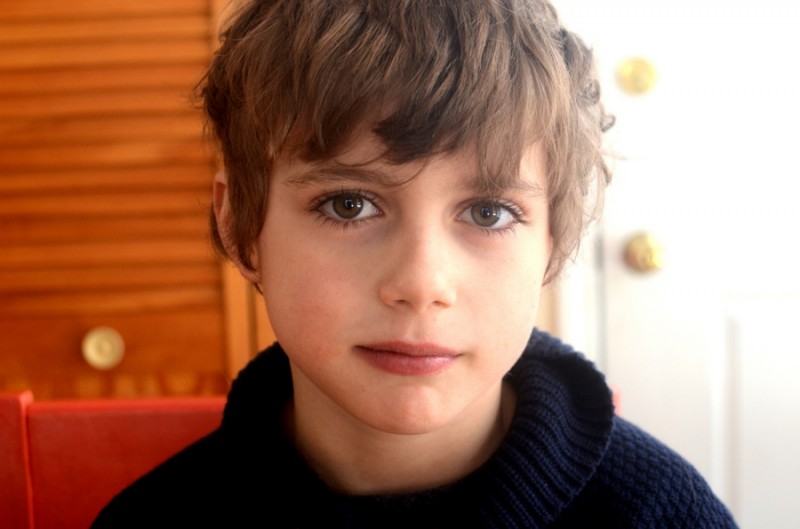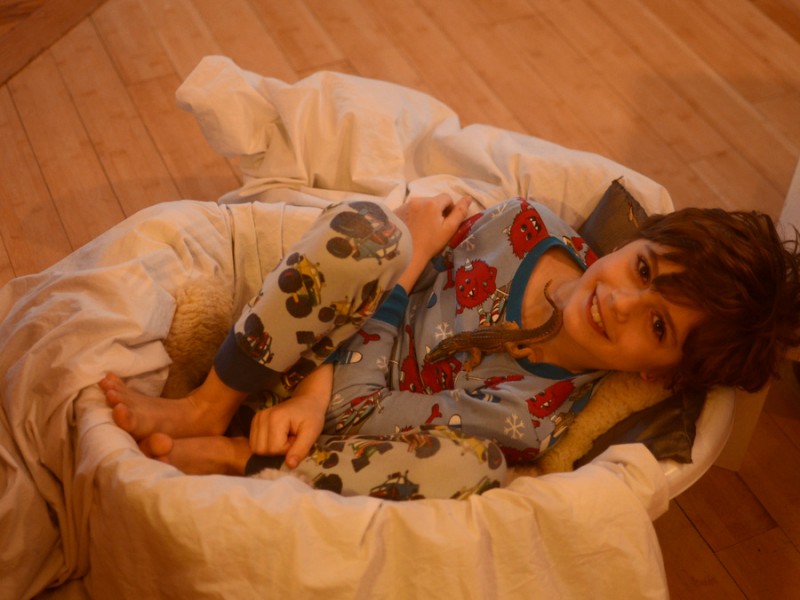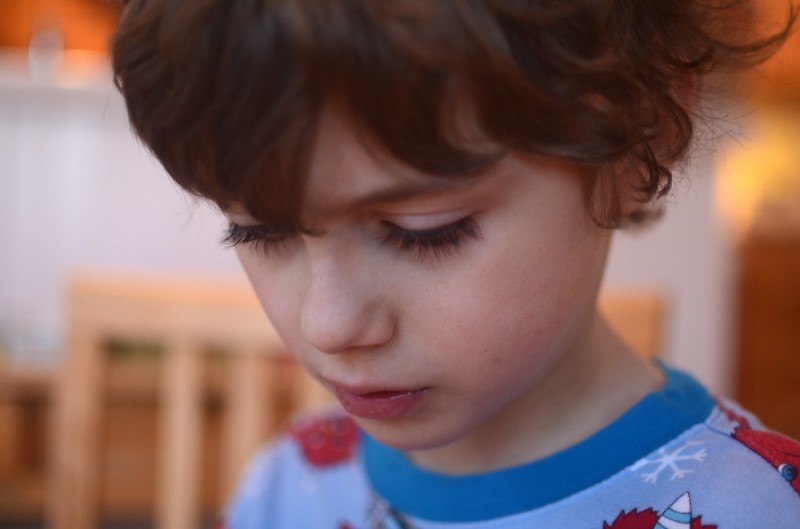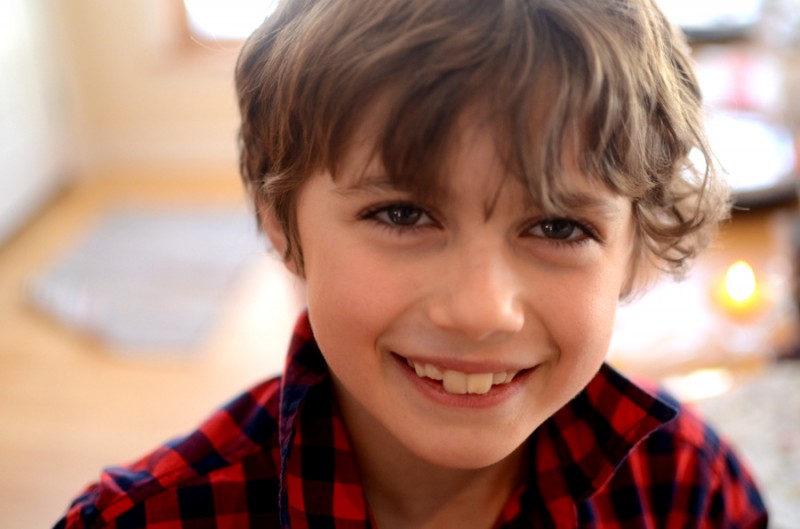At the cusp between wonder and fact
 Tonight you made a fort before dinner: a quilt over two white kitchen stools, set up just so.
Tonight you made a fort before dinner: a quilt over two white kitchen stools, set up just so.
In went a metal tool box (your inheritance from my father) In also went your metal lock box: one you saved for and paid for yourself from the Barge Canal vintage shop on Pine Street where we go every so often, and you poke around, curious fingers in everything, always loving the things that come with lock and key.
Now you and your brother lie on your bellies, or sit cross legged, your heads bobbing up in the quilt. You light the room you’ve made by flashlight, and haul in 8 ball, assorted legos, and Honey Honey, your faithful alligator who has become your steady companion since we moved.
 Honey Honey first arrived in a green box when you were four, in the upstairs hallway of our house at the end of the long dirt road. The box was on the old sewing machine table that we’ve since given away.
Honey Honey first arrived in a green box when you were four, in the upstairs hallway of our house at the end of the long dirt road. The box was on the old sewing machine table that we’ve since given away.
It said: Hello, I’m Honey Honey, and I’m here to go on adventures with you.
Before she arrived, you talked her often. You told me who she was, and how she could grow in the bathtub. You told me how she was magical.
Then she was there.
You’ve never doubted her magic---in the sweet, fearless way that children are about their beliefs. You know, and you don’t know—and you want to stay that way, at the cusp between wonder and fact.
You're wise enough to protect the magic that you love by not questioning too fiercely how the magic happens. Once, you left cookie crumbs on a small plate beside your alligator, and came back moments later to find them completely gone. “Ah ha!” you said.
I thought you’d call one of us out for nibbling them up, or possibly say, “See! That proves it!” but instead you said, “She likes cookies!”
Proof was never the point. You were simply interested in her dietary preferences.
In actuality your Honey Honey might really be a crocodile. She has a crocodile smile, but, to be sure, I’ve never been an expert on either. All I know is that she fits in the palm of my hand, and that the word FLORIDA is printed on her belly along with a set of numbers you declare is her birthdate and birthplace.
Who am I to argue?
 Twice, she’s been eaten by the dog. Not eaten all the way—but had parts mangled. The first time it was her feet and tail. You cried and so I promised I’d bring her to the doctor, and she was gone for a week, and even more days after that you said, “Why is it taking so long? Is the doctor’s office busy?”
Twice, she’s been eaten by the dog. Not eaten all the way—but had parts mangled. The first time it was her feet and tail. You cried and so I promised I’d bring her to the doctor, and she was gone for a week, and even more days after that you said, “Why is it taking so long? Is the doctor’s office busy?”
I said “Maybe there is a hippo in front of her in line to see the doctor. Hippos are big.” And I say something about how bandages take time to heal and you look terribly serious.
When she comes back, her feet and tail are, in fact, a different color: browner this time, than the green they were before.
You’re so glad to see her, you carry her on a string around your neck.
When we moved away from the only home you ever knew this summer, she rode with you like that, on a string around your neck, close to your heart. She was the only thing steady and for certain among the jumble of boxes and the bitter sweet confusion of grown-up conversations then.
There were tears, there was the ice cream truck, a new neighborhood, new bunk beds, and fields forever lost to you. Had we stayed to see you turn nine there, you would have claimed those fields this summer. Made them your escape, your wild home, your solace. But there it is: the edges of grown-up life and grown-up needs crowd in around you. You don’t have any control. You are probably only vaguely aware of the whys and hows. Commute time doesn’t mean much to you, nor does the word “work” which is one of the perpetual mysteries of childhood.
You and your brother talk about “daddy’s work” and “mommy’s work” but when I ask you to explain what that means you say things like: it means going to a place and being on the computer all day; and you go someplace where they pay you for something that you do. True enough. The ache of what those things mean, and the glory are both completely lost on you. For this I’m glad.
Yours work is that of growing tall. Of navigating the fine and fragile line between innocence and curiosity, between wonder and science.
What is true is wide and deep.
Fairies still inhabit the forests at the edges of the this truth, and the sky is filled with stars. “Up there,” you tell me, “in the stars, that’s where I came from before I came here.”
Yes, I nod. Yes. Nine years ago you came here from the stars and made me a mother.
 At bed you can’t find Honey Honey. You crawl back into your fort on your belly, looking everywhere, your urgency increasing.
At bed you can’t find Honey Honey. You crawl back into your fort on your belly, looking everywhere, your urgency increasing.
Daddy and I wait. We’re ready for this part of the day to end. Ready to kiss you tonight and to find, in the quiet of lamplight, the company of our own thoughts without interruption.
Your voice betrays your worry. “Where did I put her?” you ask, shimmying out, and inadvertently shining your flashlight in my eyes, as you inquire. I crouch down and peer into your small world of quilt and semi-dark, feeling with my hands along the edges of things.
“Think back,” I say. “Where were you with her last?”
Soon enough you look on your dresser and find her just where you left her, there among your other treasures: microscope, spy binoculars, batteries, Lego ships, quarters.
Your gladness rings out, “Here she is!” You kiss her tenderly, then kiss me harder, wrapping your arms around my waist.
You come up to just under my chin now. An inconceivable fact. Almost every night as we lie on the couch, and I read out loud to you, I cannot help but marvel: you were a baby. My first baby.
“You fit just here on my chest. How is that possible?” I say out loud.
You say, “I still do.”
Then you curl yourself against me, folding your flexible limbs up small, smaller, until you are contained right there, beside my beating heart and I can wrap my arms around the all of you.
“Yes,” I say, kissing your hair. “You do. You always do.”
